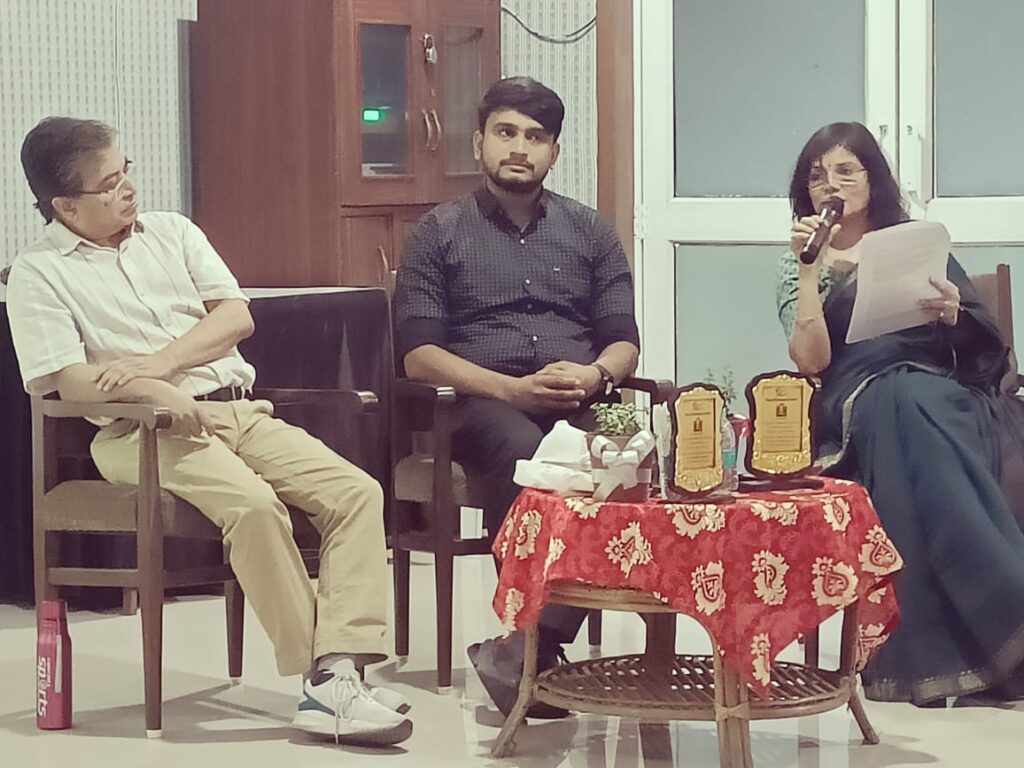
Club Literati concluded the 11th edition of its annual Shakespeare festival, Shakespearana 2025, with a compelling panel discussion hosted at the Banquet Hall, Arera Club, Bhopal. This year’s theme, Sustainable Shakespeare, was inspired by the line from Troilus and Cressida: “One touch of nature makes the whole world kin.”
The evening opened with Paritosh introducing the panellists: environmentalist Lokendra Thakkar, IAS officer Sufiyah Faruqui Wali, filmmaker and academic Rajula Shah, educator Joyce Pandit, and Vivek Tripathi, who is studying Physics and Psychology.
The session was moderated by Dr. Seema Raizada, President and founder of Club Literati.
Joyce Pandit, an English educator at Billabong High School, spoke about Shakespeare’s unique ability to make theatre accessible, drawing people from all walks of life into stories that continue to resonate across time.
Lokendra Thakkar, State Coordinator at SKMCCC–EPCO, Government of Madhya Pradesh, offered a pointed critique of current sustainability paradigms. He argued that frameworks like the circular economy often clash with natural rhythms. “Science alone won’t do,” he said. “Culture and the arts must carry part of the burden.”
IAS officer Sufiyah Faruqui Wali reflected on the moral clarity in Shakespeare’s work, noting how nature is often portrayed as a repository of virtue, while destructive traits like greed and dominance stem from humanity.
Visual artist and filmmaker Rajula Shah and founder of Nomads Films, explored the intricacy of Shakespeare’s narratives, emphasizing how even peripheral characters are given voice and space — demonstrating inclusivity, balance, and sustainability not just in theme, but in the very way the narratives unfold.
Vivek Tripathi, a student of Physics and Psychology, with an interest in reimagining classical literature, observed that the exploitation of nature is not new, but we have now arrived at a tipping point. “Only when we feel a genuine connection to the natural world,” he said, “will we begin to act responsibly toward it.”
The discussion wove through a wide range of ideas — from environmental governance and cultural policy to the intersections of language, art, film, and history — raising the question: if nature makes us kin, what does our treatment of it say about the ties we choose to sever or preserve? In asking this, the conversation accentuated Shakespeare’s enduring relevance in shaping the questions we need to ask of both literature and life. The evening concluded with a vote of thanks delivered by Mukta Sharma.

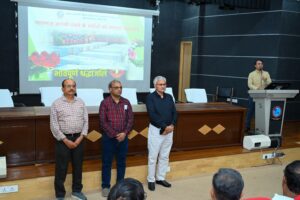
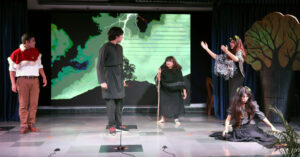
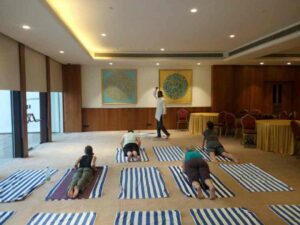

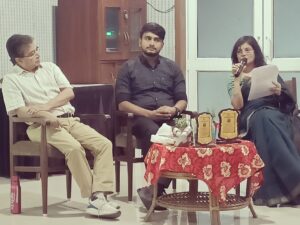
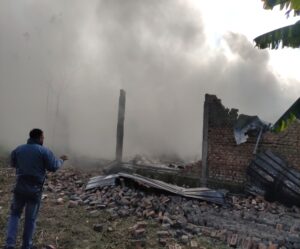
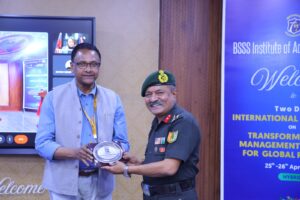
Awesome https://t.ly/tndaA
Good https://t.ly/tndaA